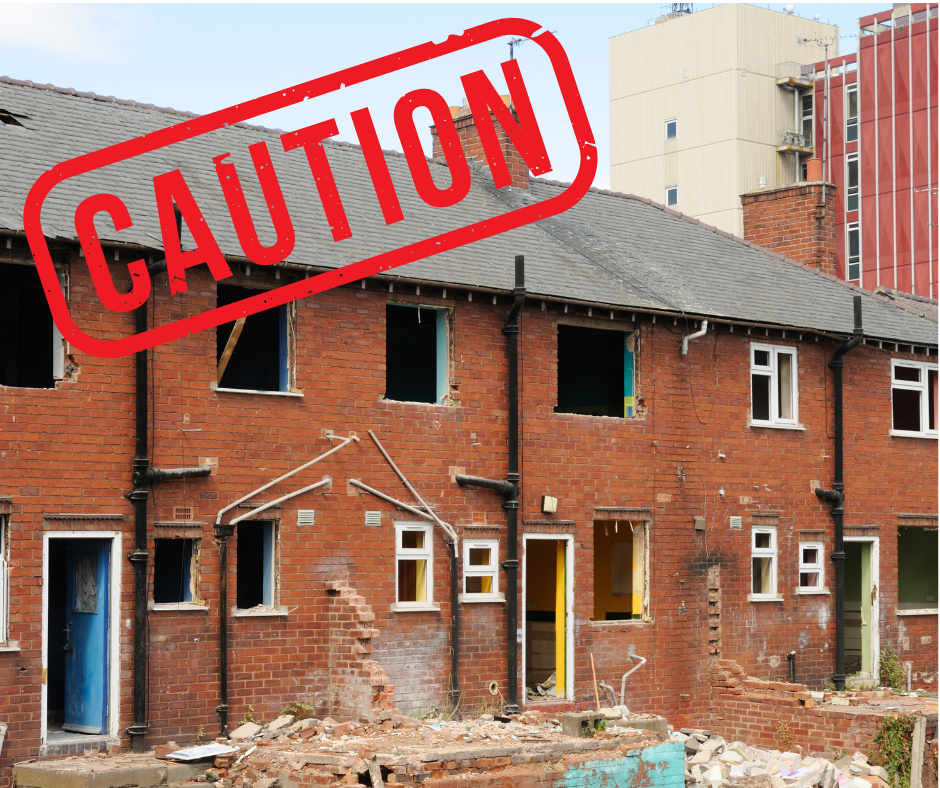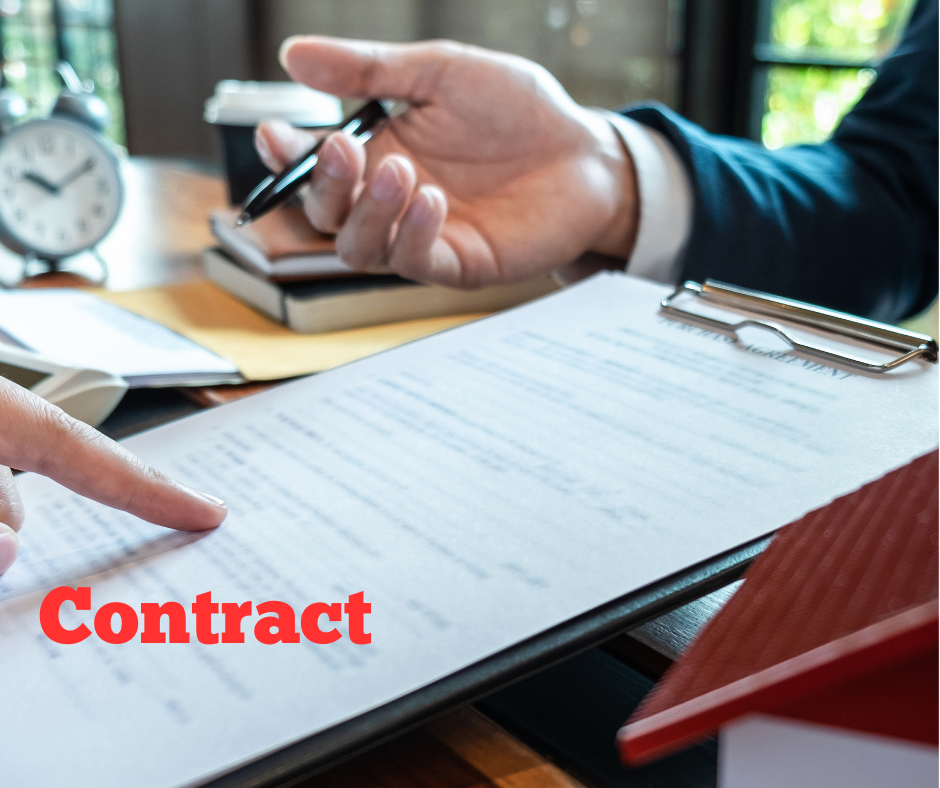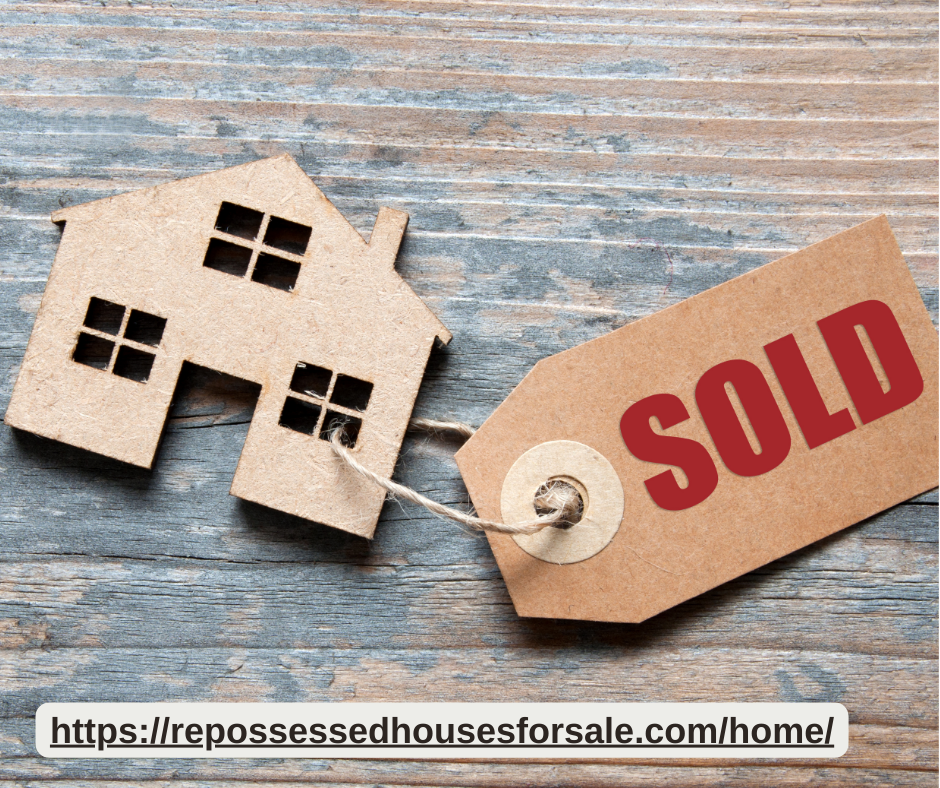
Are you searching for an opportunity to secure your dream home at a fraction of the market price? Buying a repossessed home could be the key to unlocking exceptional value in today’s competitive property market. With Repossessed Houses UK offering discounts of up to 30% below market value, savvy buyers and investors are increasingly turning their attention to these hidden gems. However, purchasing a repossessed house requires careful navigation, thorough preparation, and expert knowledge to avoid potential pitfalls.
This comprehensive guide will walk you through everything you need to know about buying a repossessed house, from understanding the process to completing your purchase successfully. Whether you’re a first-time buyer seeking a bargain or an experienced investor looking to expand your portfolio, this guide will equip you with the knowledge to make informed decisions when exploring repossessed houses to buy.
A repossessed property occurs when a homeowner defaults on their mortgage payments, and the mortgage lender exercises their legal right to reclaim the property. This typically happens after the borrower has missed several mortgage payments and failed to resolve their arrears despite warnings and assistance attempts from the lender.
The repossession process in the UK follows a structured legal framework:
Once repossessed, these properties enter the market through various channels, including estate agents, property auctions, and specialist platforms, creating opportunities for buyers to purchase a property at significantly reduced prices.
There are significant benefits to buying repossessed houses that can reflect in a variety of different ways:
The primary attraction of buying a repossessed property is the substantial discount offered. According to recent market data, repossessed properties typically sell for 10-30% below market value. For example, a home worth £200,000 might be available as a repossession for around £150,000 – representing a potential £50,000 saving.
The discount on repossessed homes creates immediate equity for buyers. Property investors particularly value this opportunity, as the built-in equity provides a buffer for renovation costs and potential returns when they sell the property or rent it out.
Repossessed houses offer a quick sale opportunity with no upward chain complications. Lenders are motivated sellers who want to recover their losses quickly, often leading to faster transactions than traditional property purchases. The typical completion timeframe is 28 days from offer acceptance.
The repossessed property market spans all property types and price ranges, from starter homes perfect for first-time buyers to luxury properties suitable for investors. This diversity ensures options for various budgets and investment strategies.
Current market context supports these opportunities: with rising interest rates and economic pressures, UK Finance reports that 1,030 homeowner-mortgaged properties were repossessed in Q4 2024, representing a 54% increase year-on-year. This trend suggests continued availability of discounted properties for prepared buyers.
Repossessed houses are typically sold “as seen,” meaning buyers accept the property in its current condition with no warranties. Previous owners facing financial difficulties may have deferred maintenance, and some properties may require significant renovation work. It’s crucial to inspect the property thoroughly before purchase.
Unlike traditional sales, information about repossessed property may be limited. Details about previous repairs, modifications, or ongoing issues might not be readily available, making due diligence more challenging but essential.

Buying a repossessed house can involve complex legal situations. Outstanding debts, liens, or incomplete legal documentation may complicate the purchase process. Working with experienced conveyancing solicitors familiar with repossession transactions is vital.
The attractive pricing of repossessed homes draws significant buyer interest. At property auctions, competitive bidding can drive prices closer to market value, reducing the anticipated discount. Buyers must set strict budgets and stick to them.
Even after agreeing on a price, lenders retain the right to accept higher offers until the exchange of contracts. This gazumping risk means buyers should move quickly through the legal process.
Some mortgage lenders may be cautious about financing repossessed property purchases, particularly if the property requires significant work. Buyers may need specialist lenders or bridging finance for auction purchases.
Despite these challenges, thousands of buyers successfully purchase repossessions annually. The key is thorough preparation, expert advice, and realistic expectations about both opportunities and risks.
Locating repossessed houses to buy requires knowing where to look, as these properties aren’t always prominently advertised on mainstream property market platforms.
Repossessed Houses For Sale offers the UK’s most comprehensive database of repossessed houses UK, providing subscribers with access to thousands of properties up to 30% below market value. The platform features:
With over 400+ properties already available and new listings added daily, this platform saves considerable time and effort in identifying suitable repossessed homes.
Research local property values and recent sale prices to establish realistic expectations. Factor in renovation costs, legal fees, and holding expenses when setting your maximum budget. Remember that buying a repossessed property often requires quick decision-making.
Subscribe to specialist platforms like Repossessed Houses For Sale to access comprehensive listings. Set up property alerts matching your criteria to stay ahead of the competition.
Research each property’s history, local market conditions, and potential renovation requirements. Check sold prices for comparable properties in the area.
Explore the neighbourhood at different times to understand local amenities, transport links, and community dynamics. This research is crucial when considering future resale potential.
Obtain mortgage approval in principle before beginning your search. This demonstrates serious intent to sellers and speeds up the purchase process once you identify a suitable property.
Bridging loans offer fast, short-term finance ideal for repossessed property purchases where speed is essential, especially at auctions or when mortgage delays could cost you the deal.
Prepare for the rapid pace of repossession purchases. Ensure deposit funds are readily accessible and consider bridging finance if purchasing at auction.
Budget for deposits (typically 10-40% depending on purchase method), legal fees, survey costs, and stamp duty. Cash buyers often have advantages in competitive situations.
Arrange several viewings if possible, bringing different specialists each time. Initial viewing for overall assessment, second with a builder or surveyor for technical evaluation.
Consider hiring a structural surveyor, electrician, or plumber to accompany viewings. Their expert eyes can identify costly issues that might affect your decision.
Commission a comprehensive building survey for any property you’re seriously considering. This investment can save thousands in unexpected repair costs.
Obtain quotes for necessary repairs and improvements. Factor these costs into your total budget and financing requirements.
Verify that utilities are connected and functional. Repossessed property may have been vacant for extended periods, potentially affecting water, gas, and electrical systems.
Choose conveyancing solicitors with specific experience in repossessed property purchases. They understand the unique challenges and can navigate complex legal situations effectively.
For property auction purchases, carefully examine the legal pack containing title deeds, search results, and special conditions. Understand all terms before bidding.
Ensure no outstanding debts, liens, or charges remain attached to the property. Your solicitor should conduct thorough searches to identify any issues.
Verify that you’ll receive vacant possession on completion. Some repossessed properties may have sitting tenants or former owners who haven’t vacated.
Be ready to exchange of contracts within 28 days of offer acceptance. Ensure all documentation and funding is prepared for rapid progression.
When buying a repossessed house through an estate agent, make competitive but realistic offers. Lenders want quick sales but won’t accept unreasonably low offers. Demonstrate your ability to proceed quickly with pre-approved financing.
Property auction purchases require different strategies:
Work closely with your solicitor to ensure smooth completion. Address any last-minute issues promptly and maintain good communication with the seller’s representatives.
Arrange key collection and property handover. Conduct a final walk-through to document the property’s condition and any fixtures/fittings present.
Contact utility providers to establish services in your name. Some repossessed properties may have disconnected services requiring reconnection.
If renovation work is needed, obtain proper permits and hire qualified contractors. Consider whether you’ll live in the property during works or need temporary accommodation.

Buying a repossessed house involves several immediate expenses:
Many repossessed homes require improvement work. Budget 10-20% of purchase price for unexpected repairs and factor in time for completion.
Some lenders restrict financing for repossessed property, particularly if significant repairs are needed. Shop around for competitive rates and flexible terms.
Arrange building insurance from exchange of contracts. Some insurers may charge higher premiums for repossessed property or properties requiring renovation.
For investors, calculate potential rental yields or resale profits after accounting for all costs. The initial discount should provide attractive returns when combined with strategic improvements.

Buying a repossessed house presents exceptional opportunities for those prepared to navigate the unique challenges involved. With properties available at 10-30% below market value, both first-time buyers and investors can achieve significant savings while building wealth through property ownership.
Success in the repossessed property market requires:
The current market conditions, with rising repossession numbers and motivated lenders, create a window of opportunity for prepared buyers. However, the pros and cons of each property must be carefully evaluated to ensure successful outcomes.
Start your journey with Repossessed Houses For Sale today! Discover a wide range of repossessed homes across the Midlands, North, and South of England—with new listings added daily and discounts of up to 30% below market value.
Don’t miss out—contact the team at Repossessed Houses For Sale and start exploring your next great property deal today!
A repossessed property is a home that has been reclaimed by the mortgage lender due to the previous owner’s inability to maintain mortgage payments. After following legal procedures, the lender sells the property to recover their losses.
Yes, repossessed houses typically sell for 10-30% below market value. This discount reflects the lender’s motivation for a quick sale and the “sold as seen” condition of most properties.
Key considerations include: property condition assessment, 28 days completion timeline, “sold as seen” purchase terms, potential renovation requirements, competitive bidding environment, and the need for experienced conveyancing solicitors.
The most comprehensive source is Repossessed Houses For Sale, which provides access to thousands of repossessed houses UK with daily updates. Other sources include property auctions, estate agents, and direct from lenders.
Yes, though some mortgage lenders may be cautious, particularly for properties requiring significant work. Obtaining mortgage approval in principle before starting your search demonstrates serious intent and speeds up the purchase process.
